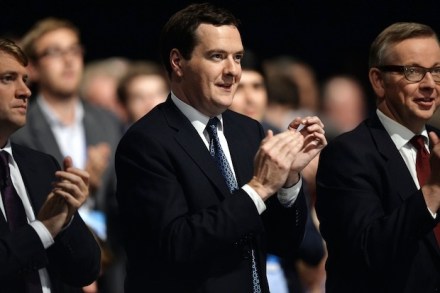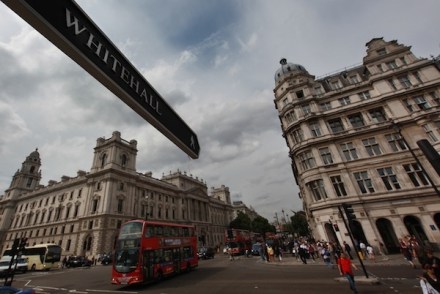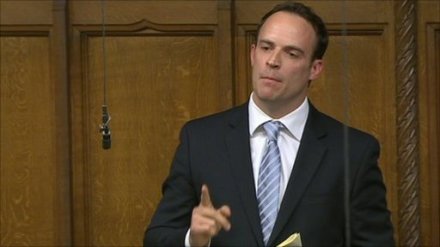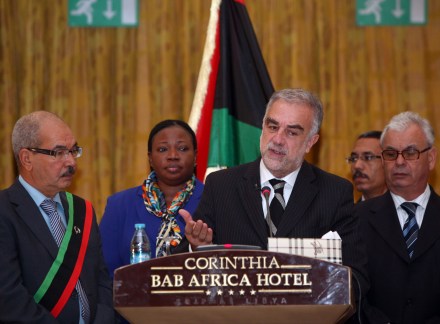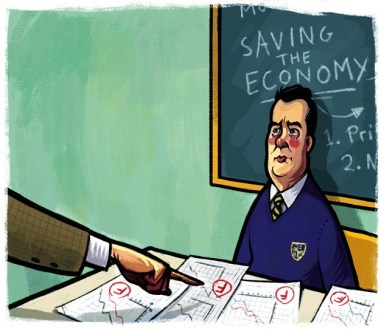Labour rejects rebel deportation call as Immigration Bill crisis talks continue
Labour will not support Dominic Raab’s Immigration Bill amendment on the deportation of foreign criminals. A party source tells me that ‘if the government are saying that something is illegal, then we can’t support it’. Which will come as a relief to the whips, given the level of support for the proposal. I also hear that the Tory whips seriously intend that the amendment never reaches a vote in the first place, using the plethora of government amendments and ministers talking until the time limit on debate for the legislation is reached. This will cause uproar, but well-placed sources tell me the whips are determined that this amendment is not






